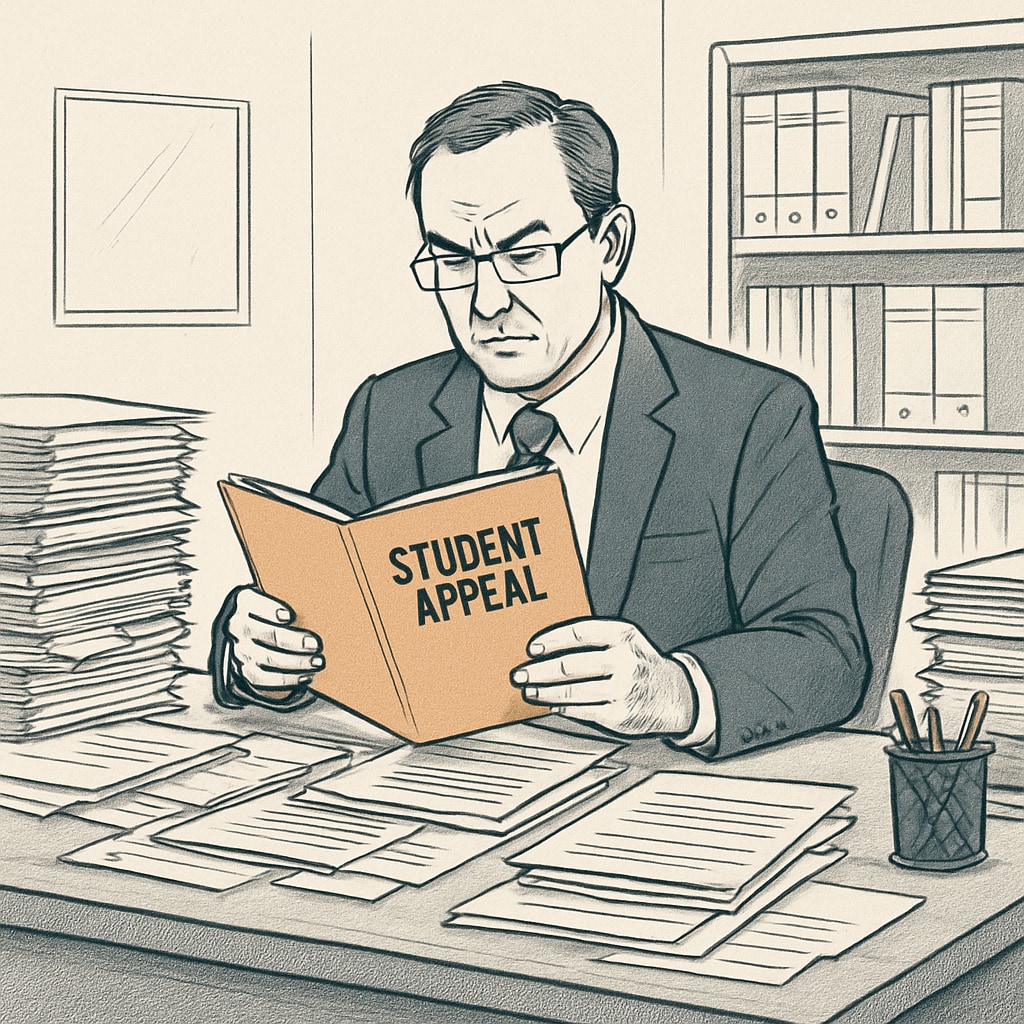In K12 education, the process of academic appeals often exposes students to systemic challenges. Issues related to academic appeals, teacher errors, and grade disputes frequently arise, yet students find themselves navigating complex bureaucracies with limited avenues for fairness. This article explores the barriers within the system, the impact on students, and actionable reforms to create a more equitable educational environment.
Systemic Barriers in Academic Appeals
When students attempt to appeal academic decisions—be it due to teacher errors, grade discrepancies, or other concerns—they often encounter multi-layered obstacles. These barriers exist at various levels:
- Teacher-Level Resistance: Many teachers view grade disputes as challenges to their authority, leading to defensive responses rather than constructive dialogue.
- Administrative Complexity: School administrators often lack clear, transparent guidelines for handling appeals, prolonging resolution processes and frustrating students.
- District-Level Bureaucracy: Appeals that escalate to the district level frequently face delays, unclear procedures, and a lack of accountability.
As a result, students often feel powerless in advocating for themselves, with many abandoning the process entirely due to its complexity and emotional toll.

The Consequences of an Inefficient System
The systemic inefficiencies in handling academic appeals have far-reaching consequences. For instance:
- Loss of Confidence: Students may lose trust in the educational system, perceiving it as unfair and biased.
- Emotional Stress: Unresolved disputes can lead to anxiety, frustration, and diminished motivation to excel academically.
- Missed Opportunities: Incorrect grades or unresolved disputes may hinder students’ chances for scholarships, college admissions, or other opportunities.
Furthermore, the lack of accountability and transparency within the system undermines the core principles of educational fairness and integrity.

Solutions to Create a Fairer System
To address these challenges, educational institutions must implement reforms that prioritize transparency, equity, and student empowerment. Key solutions include:
- Transparent Appeal Mechanisms: Establish clear, easily accessible guidelines for academic appeals, ensuring students understand their rights and the process.
- Education on Critical Thinking: Teach students to analyze academic decisions critically and advocate for themselves effectively.
- Reforming Evaluation Standards: Develop standardized grading practices that minimize subjectivity and errors.
- Third-Party Oversight: Introduce independent committees to oversee appeals and ensure unbiased resolutions.
These measures can help reduce systemic inequities and empower students to challenge unjust decisions with confidence.
A Call for Systemic Education Reform
Ultimately, addressing the challenges in academic appeals is not just about resolving individual disputes—it’s about transforming the educational system to prioritize fairness and accountability. Stakeholders, including educators, administrators, and policymakers, must work collaboratively to dismantle systemic barriers and create an environment where academic integrity thrives.
By implementing transparent appeal mechanisms, fostering critical thinking skills, and reforming evaluation standards, K12 education can evolve into a more just and equitable system. Students deserve the opportunity to have their voices heard and their concerns addressed, ensuring that education remains a powerful tool for empowerment and growth.
For more insights into education reform, visit Education Reform on Wikipedia and Education Systems on Britannica.


